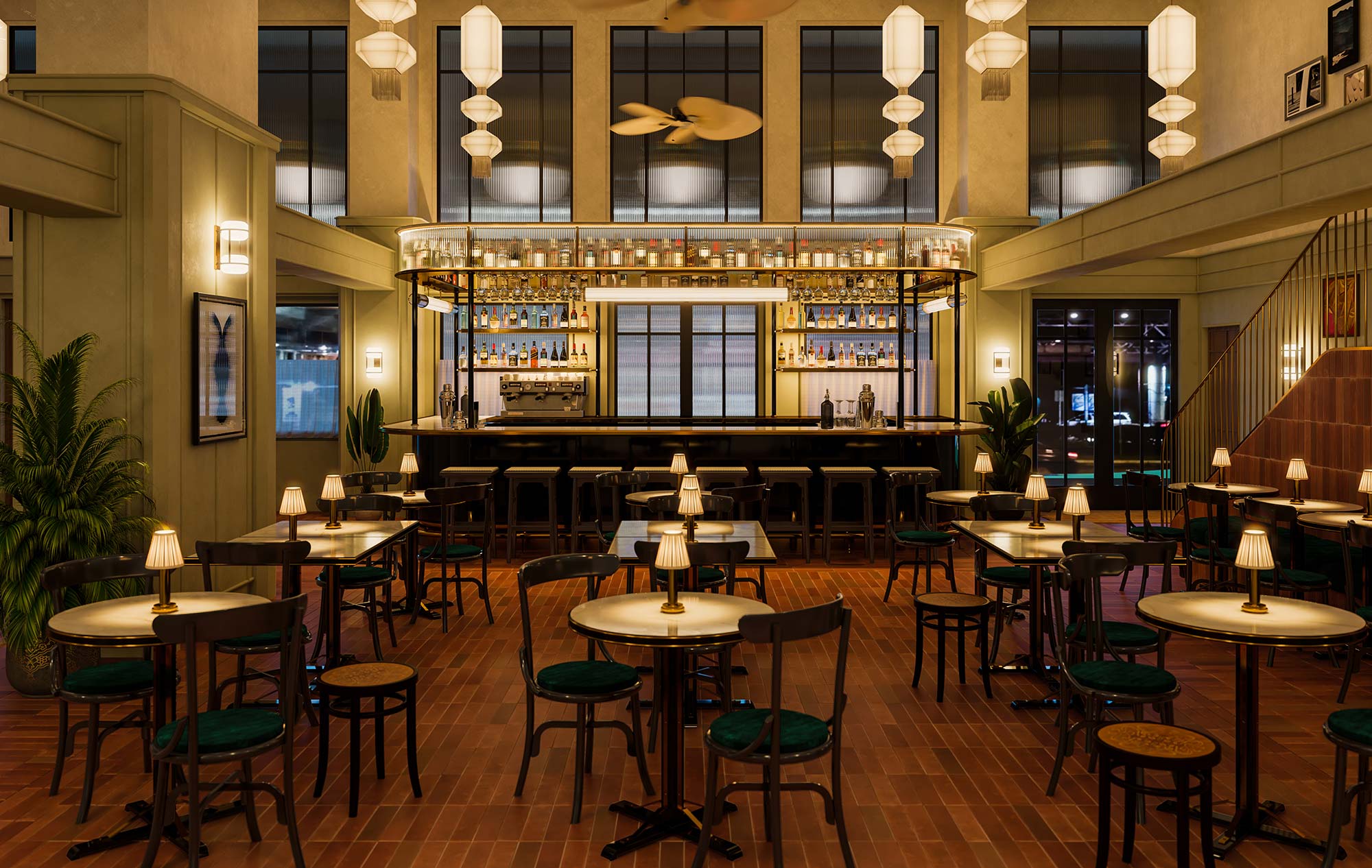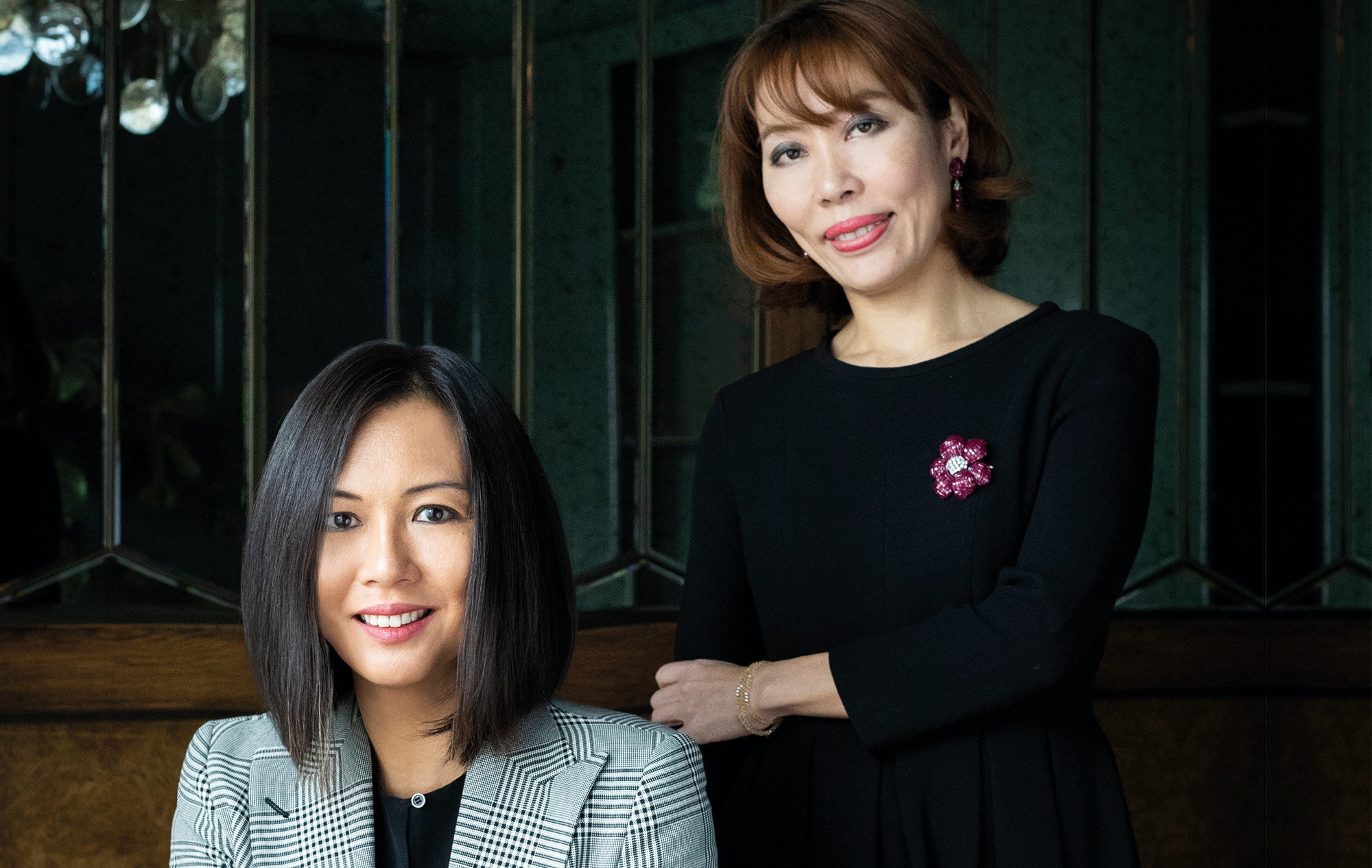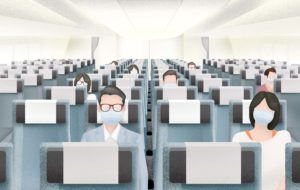
Attire
Conservative Western-styled business attire is the norm; take a lesson from officials like Wang Yi and Hua Chunying on how to dress professionally and powerfully. Both sexes should wear conservative, dark-coloured suits; women’s skirts should reach around knee level. Avoid showy bling. Tuxedos are not common, even for formal events.
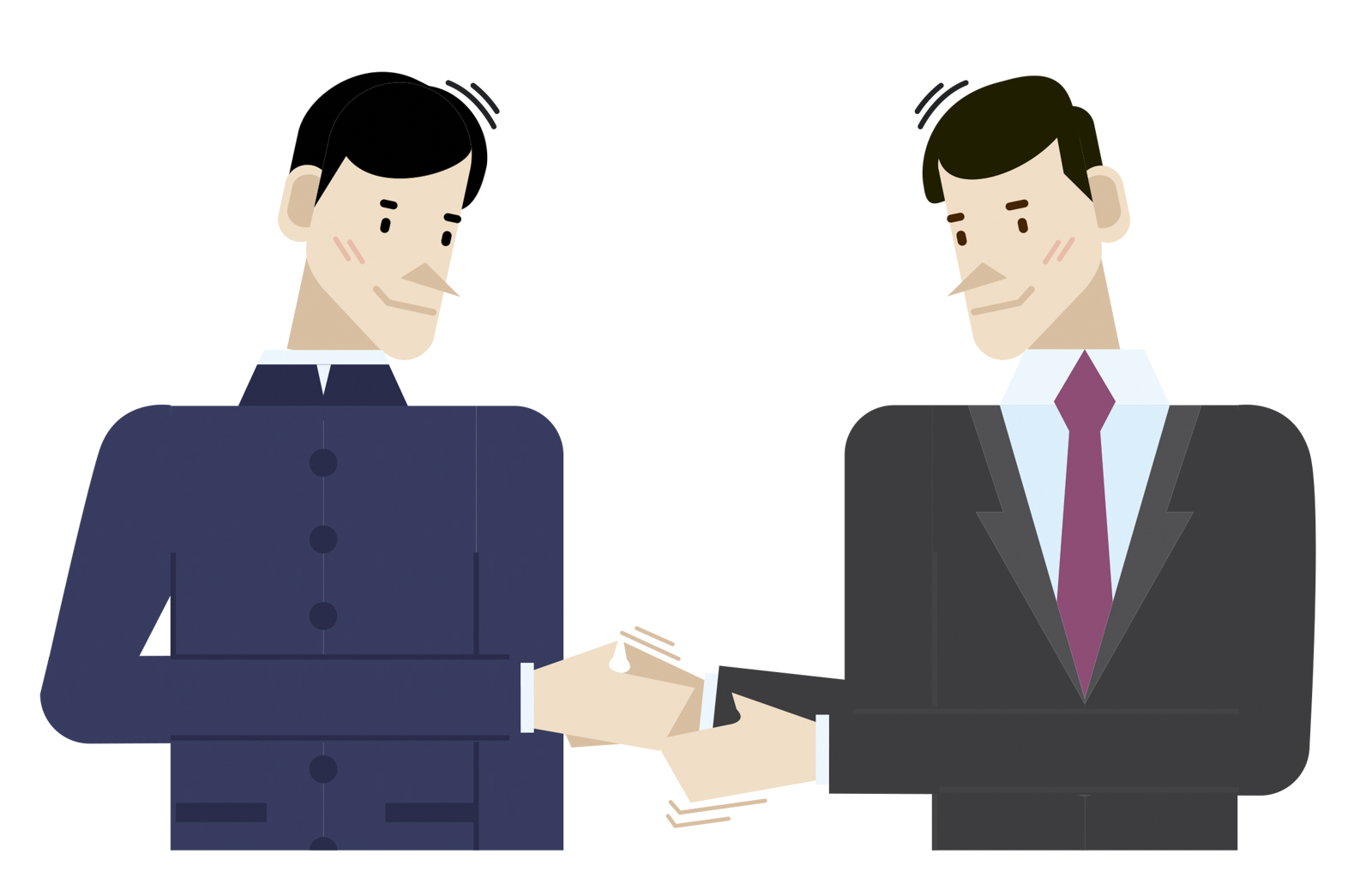
Greetings
Chinese are conservative and tend to keep bodily contact to a minimum. Reciprocate an offered handshake, a nod or a slight bow. Expect a less-than-firm handshake and possibly the other party using both hands when shaking. Acknowledge and greet the most senior person by rank first.

Meetings
Don’t be late. If you are late, be overly polite and dramatic in your apology. Let the most senior person enter a room first and lead the meeting. Subordinates don’t say much; their main role is to support their superiors. After a meeting, try to let the counterparty leave first, even if there is that whole big you-first-no-you-first dance.
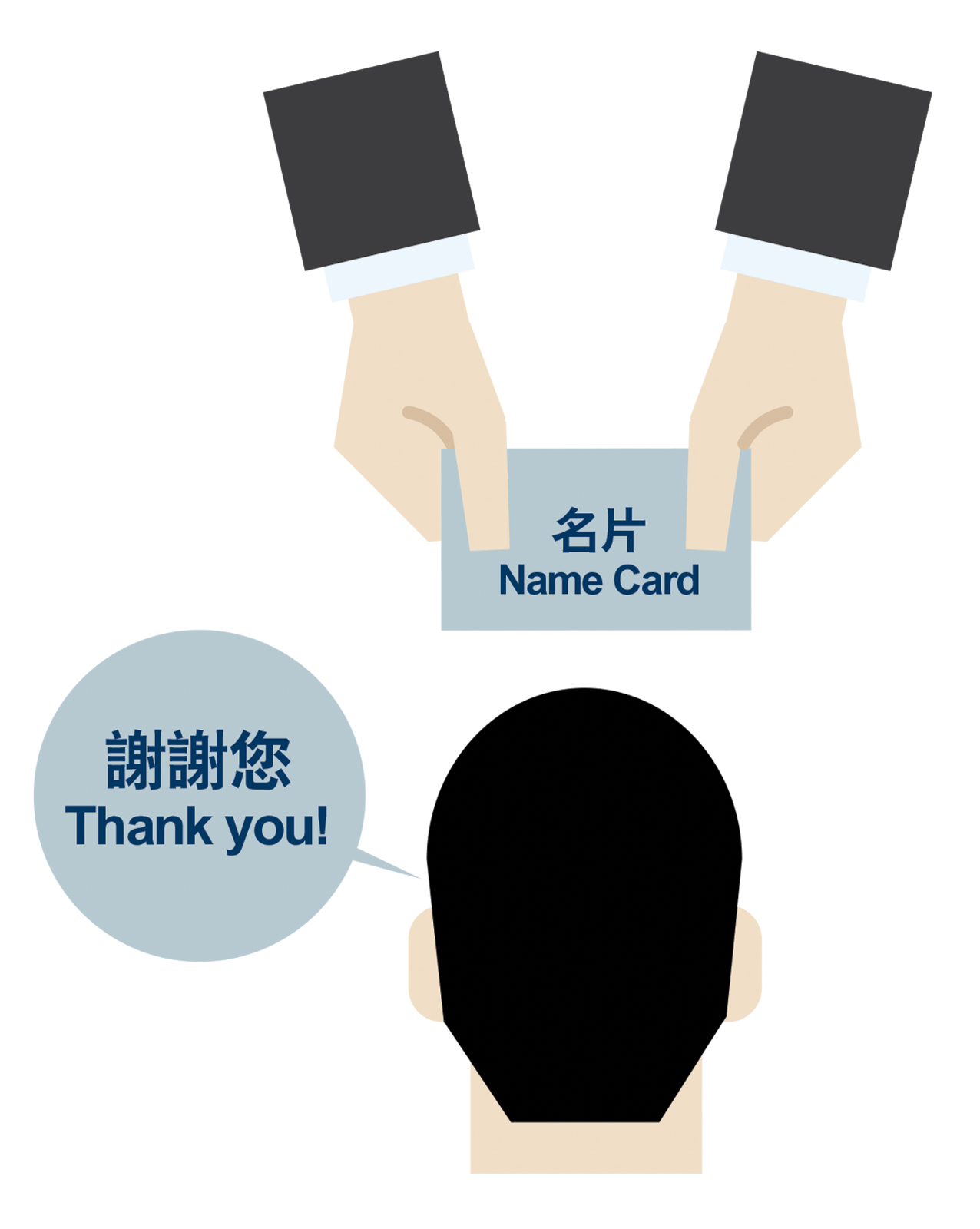
Business Cards
Business card exchange is important in China. Bring lots and make sure they are in good condition. They should be printed in both languages. Use both hands to present your card, with your name in Chinese facing the counterparty. Take more than a moment to study the other person’s card to show respect.

Faux Pas
‘Giving face’ is crucial in Chinese culture, so avoid Western-style ribbing. You’ll earn respect by praising people in front of others. It is polite to try food offered to you, even if it’s unappealing; you may grimace but you would have earned your host’s respect.






